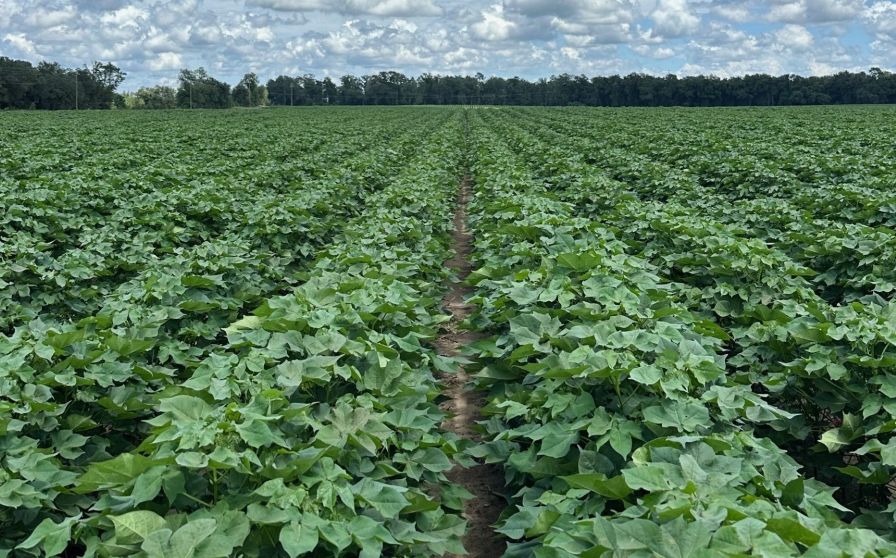Uganda Tests First Biotech Cotton Crop
Hoping to reverse a four-decades-long decline in cotton production in Uganda, scientists at the National Semi-Arid Resource Research Institute (NaSARRI) at Serere in Soroti district have tested and successfully produced the country’s first genetically modified cotton crop.
Dr. Thomas Areke, NaSARRI director, reported earlier this month that his two test groups planted in July — Bt cotton and herbicide-tolerant cotton — “are vigorously growing and have flowered without any disease, pest or weed infestations.” The confined field trials are being held at Serere and Mubuku in Kasese district.
Wide-scale use of genetically modified cotton could have significant implications for the African nation. Annual cotton production in Uganda has declined from 467,000 bales in 1969 to about 60,000 bales in 2009, according to the country’s Cotton Development Authority.
In recent years, many small-acreage farmers have abandoned cotton due to pests, low yields, and low prices. Some estimates say that weeds and insects such as bollworm routinely cause 80 to 100 percent yield loss on Ugandan cotton farms. Several ginners, including Lira Millers Ltd. of Kampala, have ceased operations due to the lack of raw materials.









